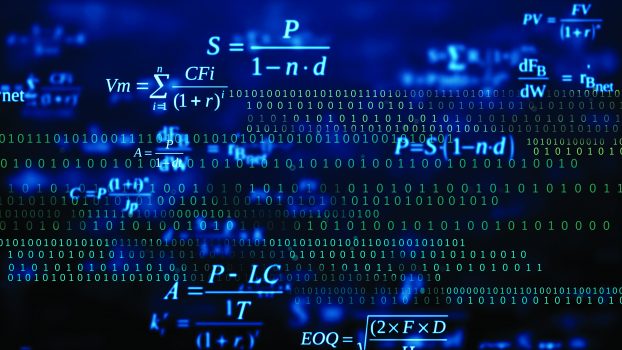New MINDS for Big Data

Johns Hopkins has launched an interdisciplinary institute aimed at developing the mathematical theories that will hasten the analysis of the massive amounts of data being used to study everything from the inner workings of the human cell to the structure of the universe.
The Johns Hopkins Mathematical Institute for Data Science, or MINDS, brings together a core of 10 researchers and a dozen others working at the intersection of mathematics, statistics, and theoretical computer science. The group is working to establish the fundamental principles that make it possible to analyze and interpret massive amounts of high-dimensional, complex data.
“MINDS is the place where you go if you have large data sets and need theory and algorithms to analyze them,” says MINDS Director René Vidal, an expert in machine learning, computer vision, and biomedical imaging who also directs the Vision, Dynamics and Learning Lab.
Vidal, professor in the Department of Biomedical Engineering, says this research will get at the mathematical quandary at the heart of artificial intelligence’s deep learning, which he describes as something of a “black box” that works via trial and error. Computer algorithms are making giant leaps in accuracy with tasks such as identifying a human face (think Facebook tagging), but these improvements are not clearly understood because of the lack of an underlying theory. “But once you understand the inner workings of the mechanics, then you can make improvements in performance and robustness,” Vidal says.
Says Ed Schlesinger, dean of the Whiting School, “MINDS enables us to bring together the many researchers across the institutions focused on the theoretical foundations of data science, thus developing the mathematical foundations that ensure that algorithms, methodologies, and the conclusions drawn are correct, in a mathematically rigorous sense.”
MINDS hosted its first symposium in November; a second is planned for fall 2018.
